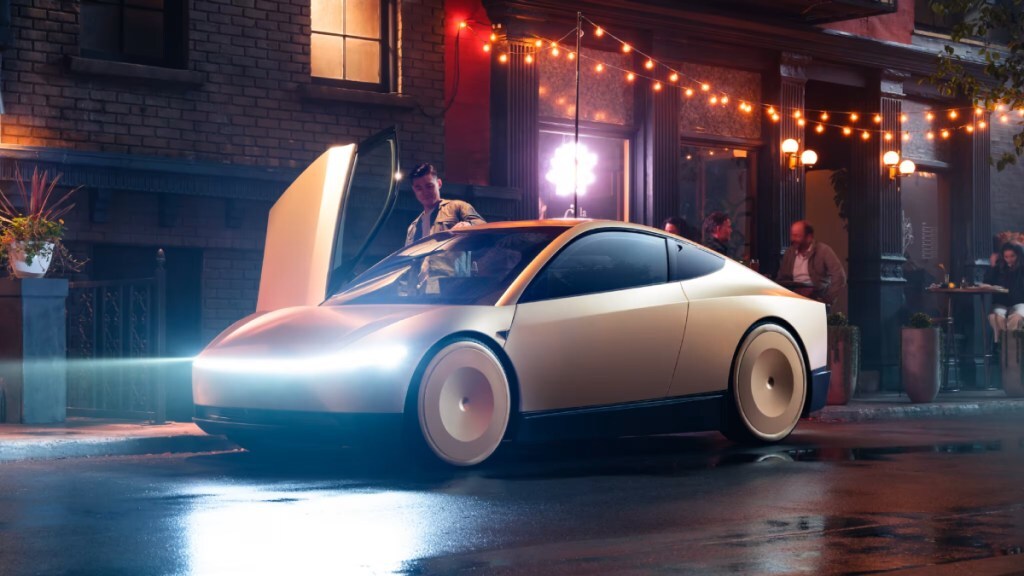New crash reporting rules announced this week by the Trump administration could reduce the number of incidents automakers are required to report involving self-driving vehicles, with Tesla likely to benefit the most. The U.S. Department of Transportation said it will no longer mandate the reporting of certain non-fatal crashes, specifically those involving partial self-driving systems.
The change applies to Level 2 driver-assistance systems, which Tesla widely uses. CEO Elon Musk has previously argued that the old rules unfairly portrayed Tesla in a negative light. With fewer crash reports entering the national database, safety regulators may find it harder to detect potential flaws in self-driving technology.
Tesla shares jump
Industry analysts warn that the rule change will limit public access to vital safety data, while also allowing Tesla to promote a cleaner safety record. Following the announcement, Tesla shares jumped nearly 10% on Friday. Wall Street analysts and critics of Musk have noted that his advisory role in the Trump administration could position Tesla to gain from regulatory changes around self-driving technologies.
Although other automakers such as Hyundai, Nissan, Subaru, and BMW also produce Level 2 vehicles—equipped with features like automatic braking and lane-keeping—Tesla dominates the market. Full self-driving systems used by companies like Waymo, which take over all driving responsibilities, are not affected by the relaxed rules.
The National Highway Traffic Safety Administration (NHTSA), which oversees vehicle safety standards, insisted the changes don’t favour any specific company or technology. “No ADS (Automated Driving System) company is hurt by these changes,” the agency stated. It also argued that stricter protocols are needed for ADS vehicles since they operate without a human driver.
Under the revised guidelines, crashes involving Level 2 systems no longer have to be reported unless they result in death, injury, airbag deployment, or if a tow truck is required and another condition is met. In contrast, all tow-away crashes involving ADS vehicles must still be reported.
According to an Associated Press report, Tesla accounted for over 800 of the 1,040 reported partial self-driving crashes in the past year. However, it’s unclear how many of those required towing, as much of that data is missing from the public database. NHTSA later clarified that just 8% of reported crashes under the old rules were tow-away-only cases without other qualifying factors.
The updated rule is part of a broader effort by the Transportation Department to reduce regulatory burdens and improve the competitiveness of U.S. companies in the self-driving sector, particularly against Chinese automakers. The agency also signaled plans to introduce nationwide regulations to replace the current patchwork of state-level rules.
Traffic safety advocates had previously expressed concern that the Trump administration might scrap crash reporting requirements entirely. The rule change came shortly after Musk told Tesla investors that the company would begin rolling out self-driving taxi services in Austin, Texas, this June.
Waymo, owned by Google parent Alphabet, already operates autonomous taxis in Austin and several other cities. Musk has long contended that Tesla’s reporting numbers are disproportionately high because its cars log more miles than competitors. He maintains that Tesla’s technology is safer and saves lives.
Still, Tesla faces mounting challenges. Sales have declined recently amid political controversies involving Musk and growing competition—especially from Chinese automaker BYD. The company is banking on fully autonomous vehicles to secure its future.
(With inputs from AP)
